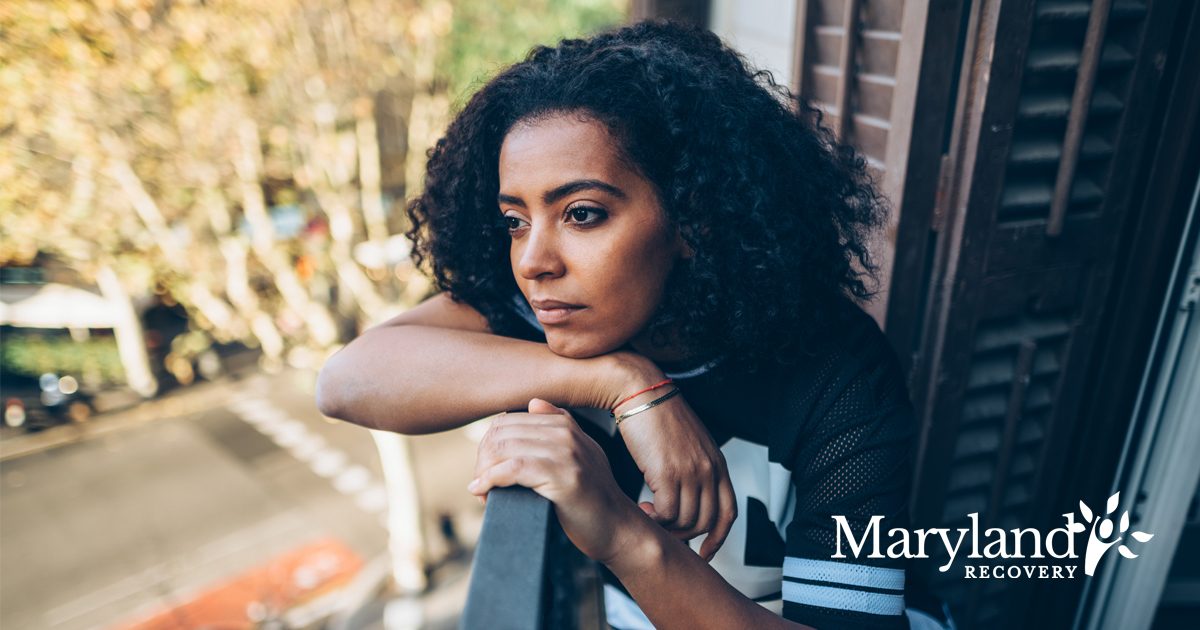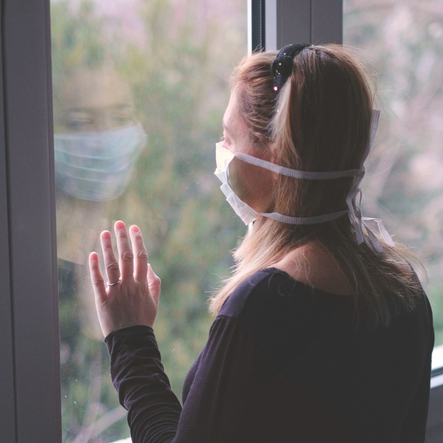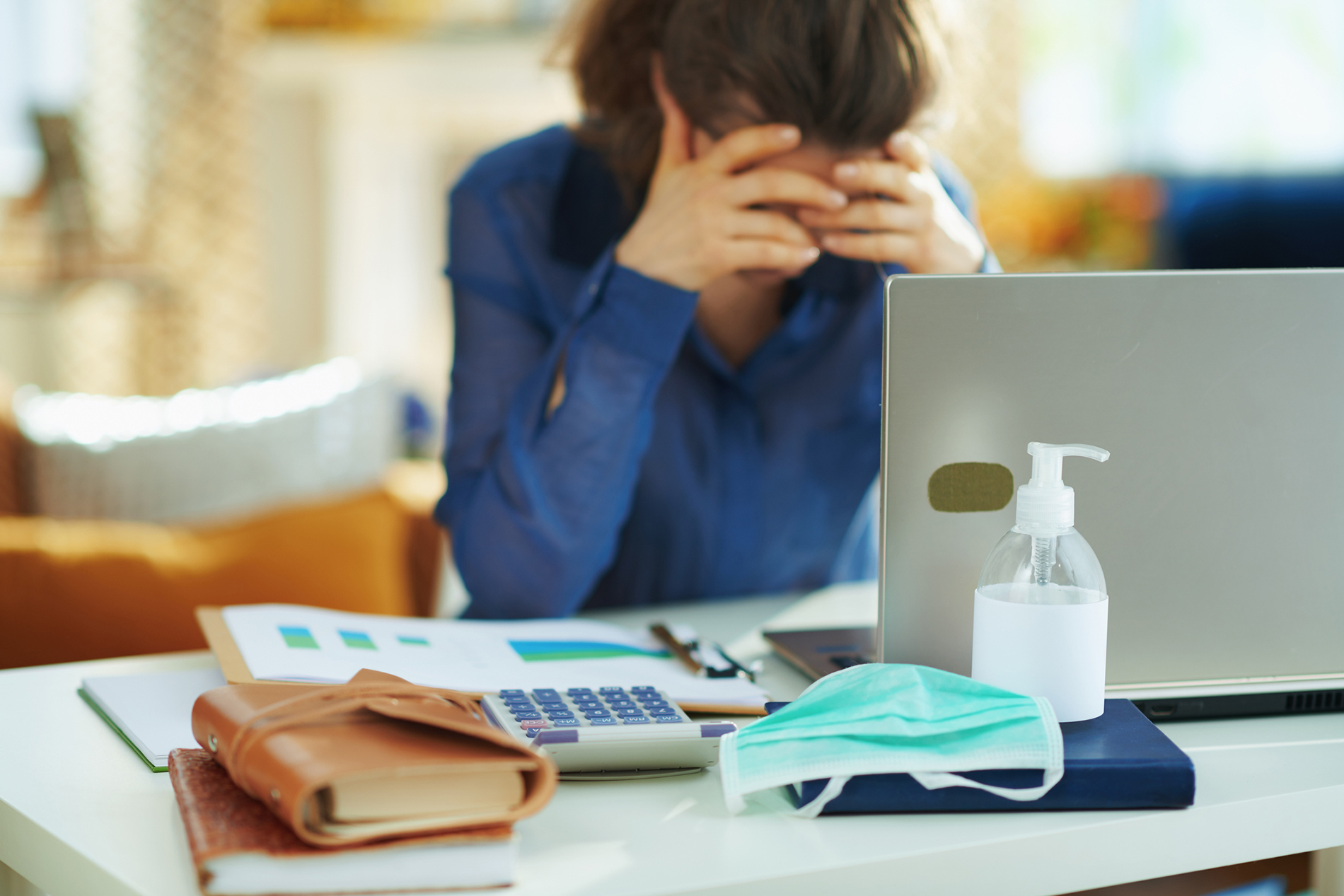
The COVID-19 pandemic changed our lives in many ways, including our social lives, and severely impacted the finances of most of us. Addiction — and the recovery process — are not immune to these changes and are deeply affected by COVID-19. Addiction to drugs and alcohol remains a concern, and the need for rehab and treatment options is as great as ever. However, the pandemic has also created some unique obstacles for those needing treatment.
How Addiction Has Affected the Spread of COVID-19
Addiction has also had an impact on the spread and progression of COVID-19. When individuals abuse alcohol and other substances, their judgment may be impaired, as well as their decision-making abilities and motor skills, which, in turn, can lead to more dangerous behaviors, including not following social distancing and other guidelines. These behaviors place them more at risk of contracting and spreading the virus.
Additionally, individuals who struggle with addiction are more likely to experience homelessness and incarceration — two populations that are at a much higher risk of contracting and spreading the virus.
Addiction Increases Risk Factors of COVID-19
Certain habits associated with addiction can also increase an individual’s risk of contracting the virus. Smoking, whether cigarettes, marijuana, vaping, or other smoked drugs, can weaken the lungs, causing long-term damage that also can mean a higher vulnerability to the COVID-19 virus. Long-term smoking habits often cause chronic obstructive pulmonary disease (COPD). Because COVID-19 attacks the lungs, COPD patients are at a much higher risk of contracting the virus, as well as experiencing more severe complications.
Heroin and other opioids or other intravenous drugs can increase an individual’s risk of heart and pulmonary infections, which, in turn, also places them at a higher risk for COVID-19. Besides this risk, opioids act in the brainstem, slowing breathing and creating dangerous decreases in oxygen in the blood. And if these individuals contract the virus, the combination of the symptoms of COVID-19 and the dangers of the drug can make them more susceptible to the most serious complications of the disease.











